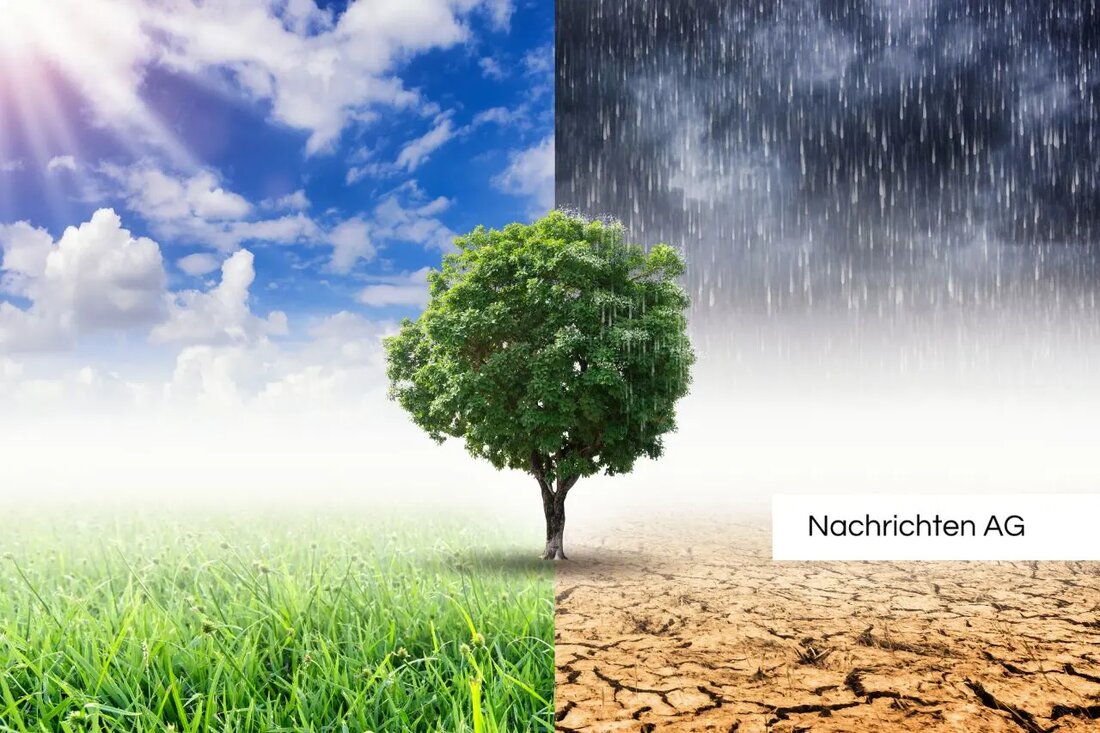Energy transition: Mayor demand pragmatic solutions for Germany!

Energy transition: Mayor demand pragmatic solutions for Germany!
Mayor from all over Germany have spoken out in the second Munich declaration and are calling for decisive energy -political equalities from the next federal government. The focus is on Markus Zwick, the mayor of Pirmasens. It emphasizes the urgent need for action for a successful energy transition and emphasizes that pragmatic approaches are necessary to ensure acceptance among the population. Zwick pleads for less bureaucracy and more scope for practical solutions. This is particularly crucial to overcome the upcoming challenges that exist in a highly complex legal and political environment.
The Munich Declaration is the result of the Taskforce Political will formation of the advisory board of the Thüga Aktiengesellschaft, in which Zwick is active. It is required to revise the building energy network (gave) in order to create more openness to technology and to promote climate protection. Zwick appeals to the federal government to support the municipalities financially. These should not only have to pay for the energy transition.
political course and challenges
Constantin Alsheimer, CEO of Thüga AG, calls for a stable, market -based framework for the next legislative period. Municipal representatives of the Thüga partners criticize the existing energy policy microboragement in Berlin, which restricts scope for action and inhibits investments. Thüga AG, the largest network of municipal energy and water suppliers in Germany, sees itself in the role of formulating solutions for the challenges in the energy transition.
The actors are particularly facing enormous challenges in the building sector. Reductions in the federal budget, high construction costs and a shortage of skilled workers affect progress. The recently introduced "Heat Planning Act" (WPG), together with the amendment to the building energy law (GEG), are intended to serve as political instruments to create clarity and support. The Energy Days 2024, which will take place digital from April 16 to April 18 and on May 15 and 16, offer a platform to discuss such topics and present solutions.
congress and solutions
Around 100 institutions, including the Federal Ministry of Living, Urban Development and Building (BMWSB), will be involved in the energy days. The focus will be on the life cycle planning of buildings and municipal heat planning. The topics discussed include the integration of renewable heat sources such as geothermal energy and wastewater heat, as well as the use of heat pumps in digitized buildings. Renowned institutions and experts from different areas will discuss their practical implementations and challenges.
The response to the energy days will be shaped by the motto "Solutions for the energy transition in Germany". Over 400 speakers expect the participants and offer numerous networking opportunities. The comprehensive questions of financing and fair distribution of costs also remain central concerns in this discussion.
In summary, it can be said that Germany is on a critical point in the energy transition. The successful transition to a more sustainable energy supply is both a political and a social challenge that requires continuous commitment and innovative approaches. In a dynamic European electricity internal market, in which cross -border trading practices are promoted, a harmonized and strategic foreign policy could be the key to efficient energy future. Federal Government reports that in 2023 over 50 percent of electricity in Germany comes from renewable energies. Despite the challenges, there is a need for the city and country to work together on the implementation of a resilient and climate -friendly energy infrastructure.| Details | |
|---|---|
| Quellen | |
